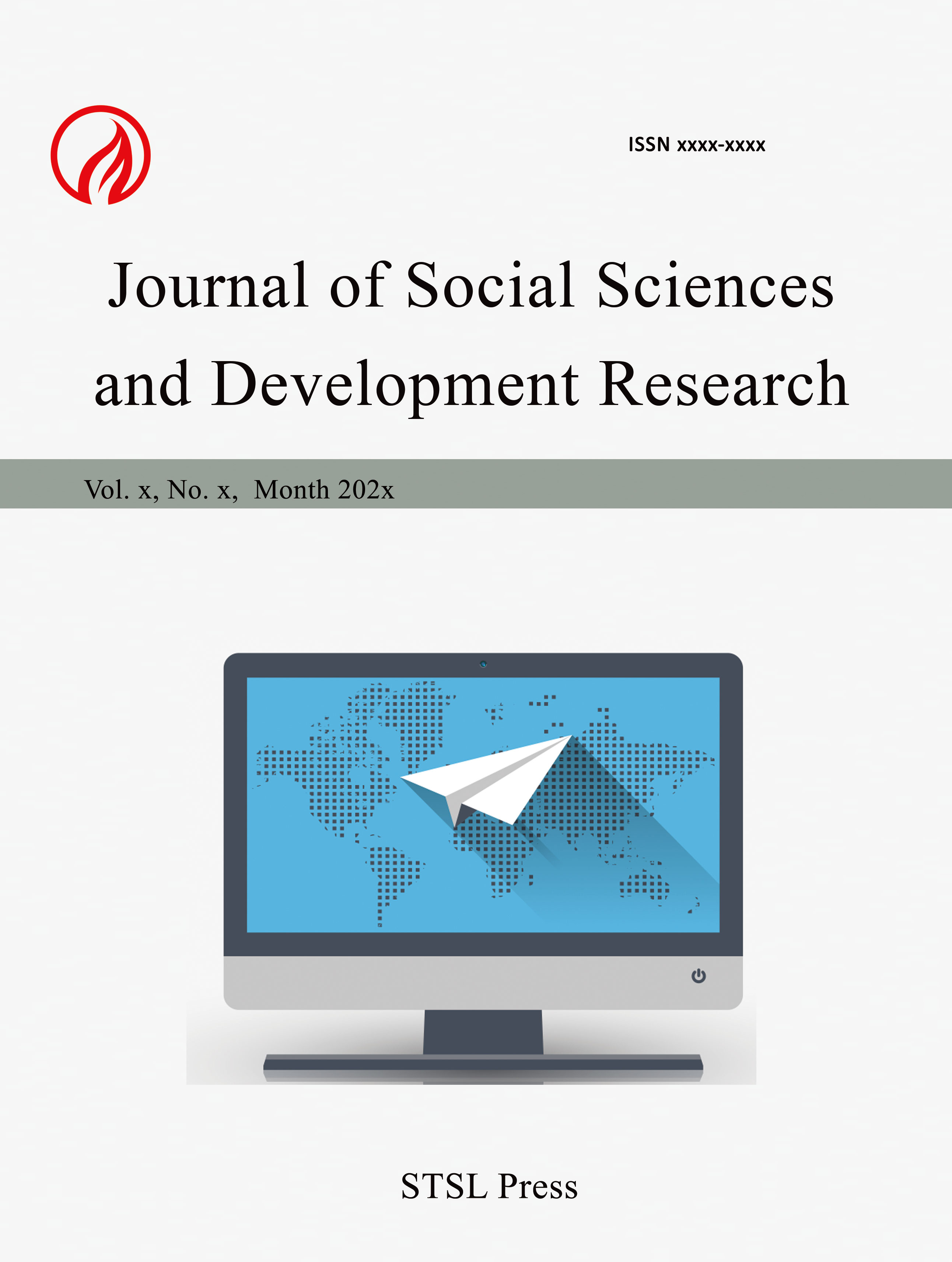Existentialism and the Search for Meaning in Albert Camus' The Stranger
Dr. Najlaa Hosny Ameen Mohammed
Abstract
This paper explores the relationship between existentialism and the quest for significance in Albert Camus' influential novel, The Stranger. The study first analyzes the intersection between literature and philosophy, emphasizing the mechanism by which literary works can serve as vehicles to articulate philosophical concepts. It also elucidates the fundamental principles of Jean-Paul Sartre's existentialism, examining the notion that existence precedes essence, the significance of authenticity, and concepts of freedom, bad faith, and alienation. It then goes on to highlight the connection between literature and philosophy, by focusing on how Camus’ The Stranger effectively conveys existentialist concepts through a fictional narrative, despite the author refusing to categorize himself as a philosopher. The author contends that The Stranger embodies existentialist ideas, despite Camus’ conscious detachment from the philosophical movement. In particular, Camus' work is shown to seek to elucidate the concept of absurdism, and the futility of attempting to find meaning in life's incomprehensible events. The ways in which Camus effectively communicates a significant message concerning the influence of warring ideologies on their followers, through the lens of absurdism are highlighted. The study also challenges the general significance of texts, contemplating the pointlessness of seeking meaning in life through a work of fiction. It concludes by emphasizing the endurance of Camus' work as a medium for examining the human condition and the quest for purpose in an increasingly ludicrous world.
Paper:
pdf
DOI:
https://doi.org/10.71002/jssdr.v1n2p1
 This work is licensed under a
Creative Commons Attribution 4.0 License.
This work is licensed under a
Creative Commons Attribution 4.0 License.
Contact us
- Michael Schaper
- jssdr@stslpress.org
